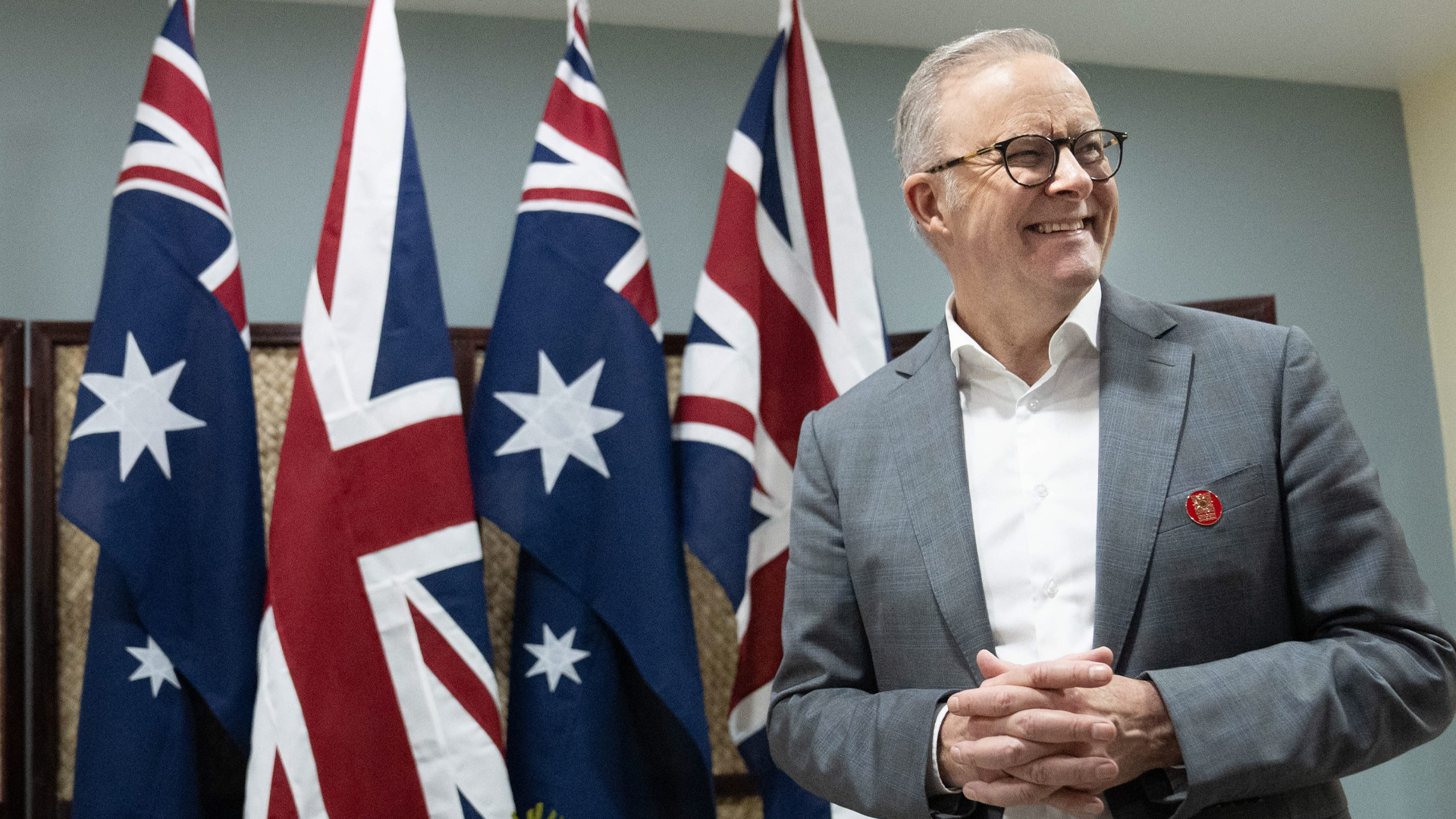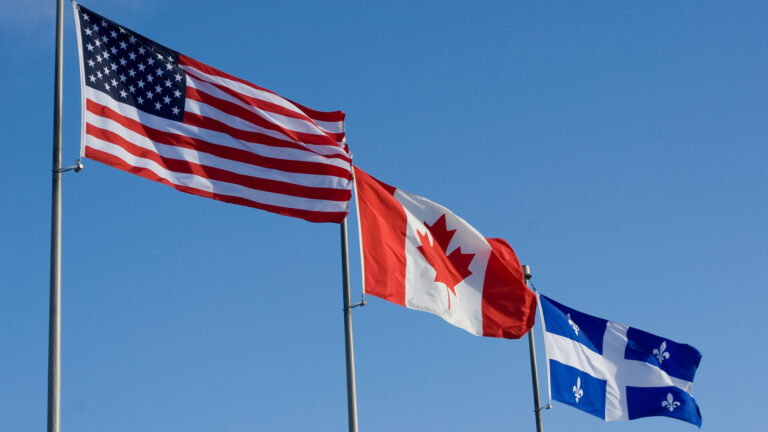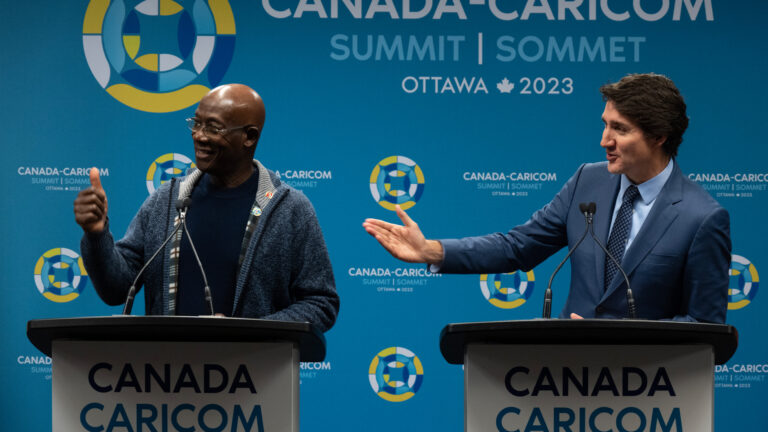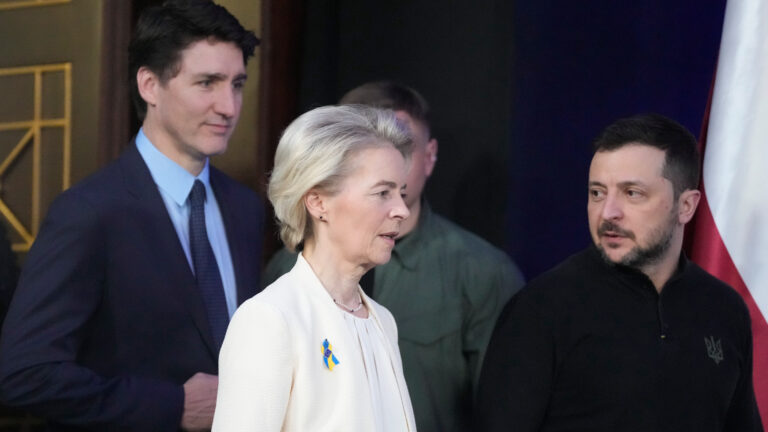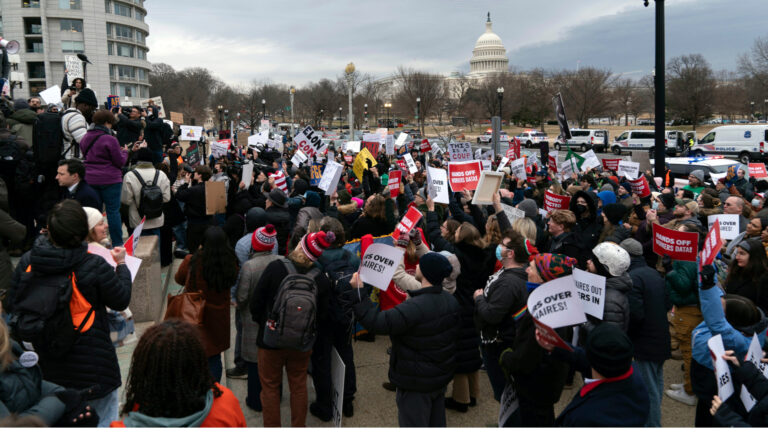The first year of Donald Trump’s return to the White House is sure to reshape global affairs. But 2025 also brings national elections with far-reaching consequences.
Recent attention has focused on Germany, where the centre-right Christian Democratic Union won a plurality but the far-right Alternative for Germany made major gains after getting controversial support from senior Trump administration leaders, reflecting a broader resurgence in nationalist and populist movements across Western democracies.
Yet, elections in two traditionally quiet middle powers – Canada and Australia – could prove just as pivotal in shaping global governance.
If the governing Liberal and Labor parties win, both countries could carve out a new, influential approach based less on adherence to American policies and more on multilateralism, diplomacy and coalition-building. If their conservative opponents win, the likely outcome is support for Trump’s more transactional, America-first approach.
The erosion of international norms and institutions – exacerbated by rising economic nationalism, geopolitical fragmentation and the decline of U.S.-led multilateralism – has already weakened the credibility of global governance structures such as the United Nations, the International Criminal Court and the World Trade Organization.
At the same time, the U.S. is vacating its leadership role and the new Trump administration appears intent on continuing that trend.
In the weeks since taking office, Trump has announced plans to withdraw from the Paris Agreement on climate change, resumed the U.S. exit from the World Health Organization, frozen nearly all foreign aid and started potential trade wars by threatening tariffs on China, BRICS nations and the EU, as well as Canada and Mexico.
Canada failed to heed the warning signs of key U.S. policy shift
Canada needs to find new ideas in geopolitical and economic strategy to avoid getting squeezed
Series | Finding Canada’s purpose in a shifting international order
For Canada and Australia, these shifts force a crucial policy recalibration: Can they afford to simply follow Washington’s lead or must they now step up as regional and global actors?
As G20 economies and key middle powers with strong historical and cultural ties, both countries have long been embedded in the U.S.-led global order.
However, both nations now need to consider how they uphold international norms, free trade and multilateralism. To preserve a leadership role, they need to redouble engagement with alternative partners such as the European Union, the Association of Southeast Asian Nations and emerging economies.
The outcome of the Canadian and Australian elections will shape the remnants of the post-Second World War system, which is being starkly challenged by Trumpism.
International affairs is not often a main issue for voters in either country. However, in a Trump 2.0 landscape, they need to consider the international implications of their choices rather than just the usual bread-and-butter domestic concerns.
Canada: A new leadership era in an unstable world
Canada’s federal election must be held before Oct. 20 but will likely be in the spring. If the Liberals win under a new leader to be chosen in early March, they will likely continue Justin Trudeau’s approach, prioritizing multilateral engagement and climate diplomacy.
The Conservative Party has had a solid lead in the polls for some time, but it has been narrowing since Trudeau’s resignation and Trump’s tariff threats. In polling this week, the Liberals edged ahead for the first time since 2021. If the Conservatives win, Poilievre has made it clear he will prioritize a stronger economic and diplomatic alignment with Washington.
While Poilievre’s foreign-policy positions remain relatively underdeveloped, he has echoed Trump on key issues, calling for stronger borders, cutting back on foreign aid – calling it a “waste” – and taking a harder stance on China.
Canada has been one of the first targets of Trump’s proposed tariffs, which could shrink our GDP by 2.5 per cent in the first year if implemented in full, potentially plunging the nation into a sustained economic downturn.
While Trump has framed these tariffs as economic measures, their shifting justifications, including border security, reveal an underlying political intent.
In Canada, the “third option” has been a policy debate since the 1970s, originally proposed by Mitchell Sharp, then-external affairs minister, as a way to reduce Canada’s overreliance on the U.S. economy.
The idea resurfaced during Trump’s first administration when Canada sought to diversify trade beyond the U.S. and Mexico, as well as deepen partnerships with the EU and Indo-Pacific markets.
With Trump 2.0 introducing new economic and diplomatic volatility, Canada may need to revive this third option as an essential strategic framework for diversifying trade, strengthening alliances and asserting a more autonomous global role.
A pragmatic path forward may involve expanding trade under agreements such as CETA with the EU and the CPTPP in the Indo-Pacific region while deepening other economic and diplomatic ties.
These efforts also present an opportunity for countries such as Australia to emerge as key partners in strengthening strategic, cultural and economic co-operation.
Australia: Navigating its U.S. alliance amid change
In Canberra, the Labor government under Prime Minister Anthony Albanese has pursued a relatively open international-engagement policy. Despite a few pushes against the tide, this has been largely behind U.S. efforts.
However, the second Trump term could deepen existing fractures, particularly on regional conflicts, climate policy and trade.
The controversial AUKUS agreement – a 2021 security deal between Australia, the U.K. and the U.S. – is generally seen as an Indo-Pacific anti-China pact and as a major escalation of Canberra’s military ties with the U.S.
The deal has been criticized within the Labor Party by grandees such as former prime minister Paul Keating. However, Albanese has shown no sign of backing away from it.
The new Trump administration is likely to push for even greater military integration, testing Australia’s willingness to maintain strategic autonomy. This raises questions about Canberra’s ability to operate independently on key global issues.
If Albanese wins the election, which must be held by mid-May, Australia may attempt to maintain a balance between its U.S. commitments and other engagements.
However, the Liberal-National Coalition under Peter Dutton would be more favourable to a close U.S. alliance, which isn’t surprising because his Liberal Party government originally struck the AUKUS deal.
A Dutton victory would likely accelerate Australia’s deepening alignment with U.S. policy, potentially reinforcing Trump’s position on China and prioritizing defence co-operation.
However, if Washington withdraws further from global institutions, foreign aid and other international commitments, Australia and Canada may face a unique opportunity to redefine their international engagement.
Canberra could strengthen its partnerships with Canada and the EU – both of which are seeking stronger global alliances amid shifting U.S. policies – while also expanding engagement with key Asian economies.
By leveraging multilateral forums such as ASEAN, the Asia-Pacific Economic Cooperation forum and the CPTPP, Australia could emerge as a co-leader in initiatives such as green-energy investment, climate finance and sustainable development.
This proactive approach would position Australia, like Canada, as a counterweight to U.S. disengagement, rather than simply adapting to shifting Washington policies.
It would also allow both countries to demonstrate leadership in forums where U.S. withdrawal could create a void, such as environmental co-operation, trade frameworks and diplomatic dispute resolution in the Indo-Pacific region.
Fork-in-the-road moments
Should Canada and Australia seize this moment, they could redefine their place in global affairs – not as secondary players in the U.S.-led order, but as proactive middle powers shaping regional and international norms.
A middle path remains possible where both nations feel comfortable criticizing or disagreeing with Washington while maintaining pragmatic co-operation. However, this delicate balance will require highly calibrated foreign policies – something that doesn’t translate easily into election soundbites or social media messaging.
The 2025 elections in both Canada and Australia are not, and perhaps cannot be, about domestic issues and internal politics alone. The world is pressing in and each country will have to navigate how best to adapt. Avoiding shifting geopolitical currents may prove impossible.
If Canada and Australia successfully navigate this moment as influential middle powers, they could help shape the next phase of global governance.
Perhaps never before have voters in these two countries held such geopolitical sway. The question is: Do they recognize it?
